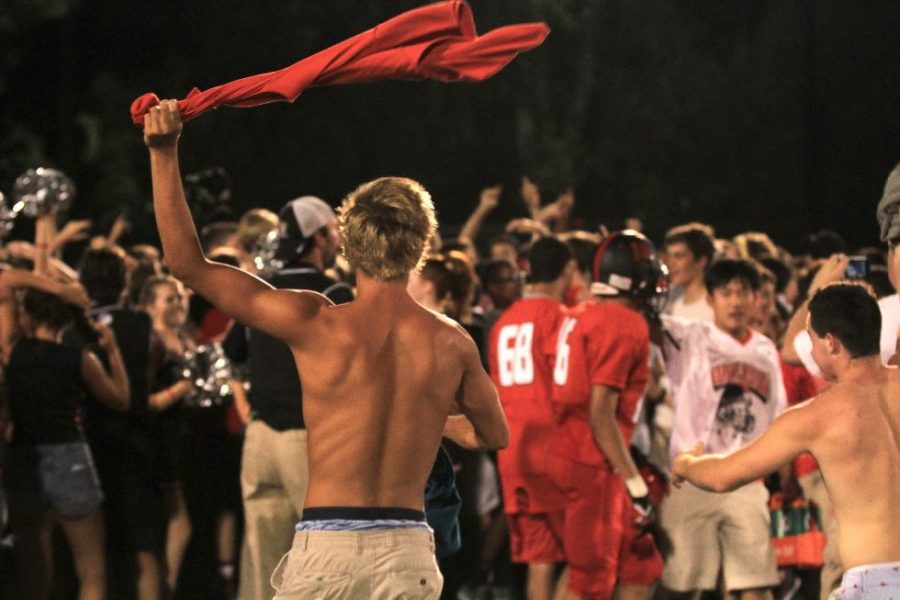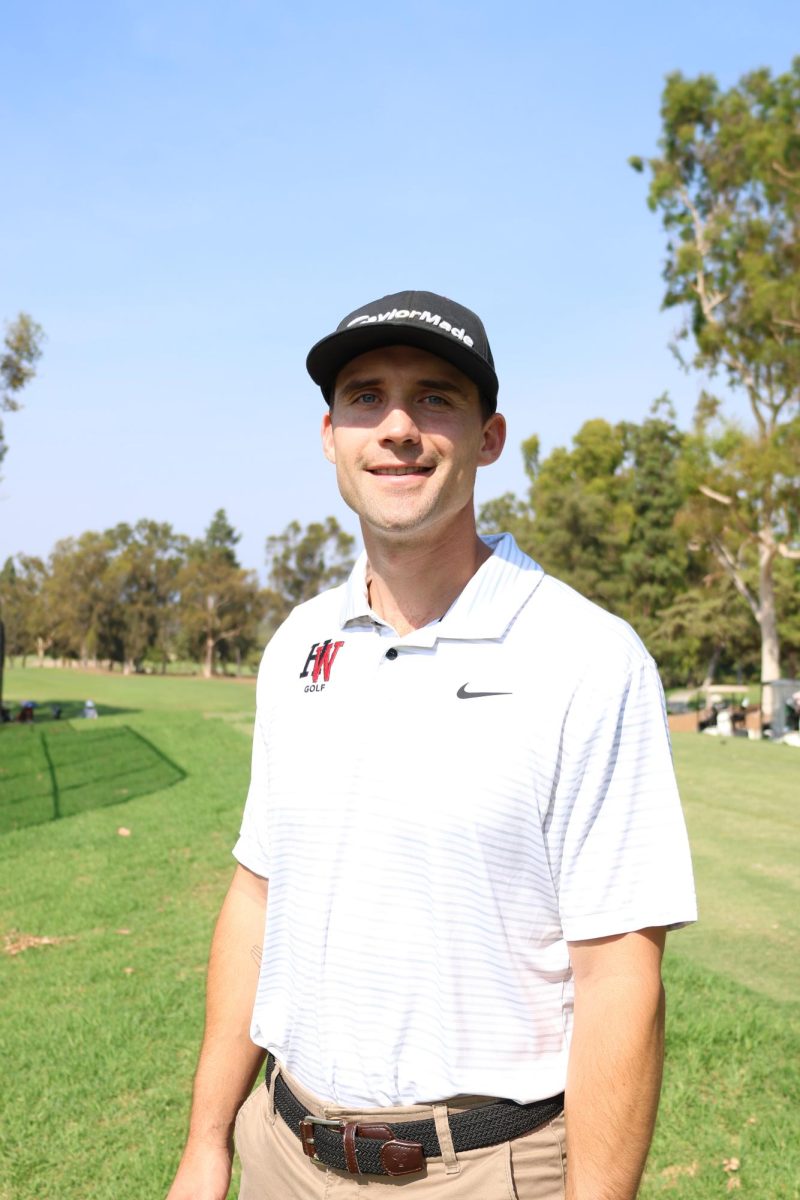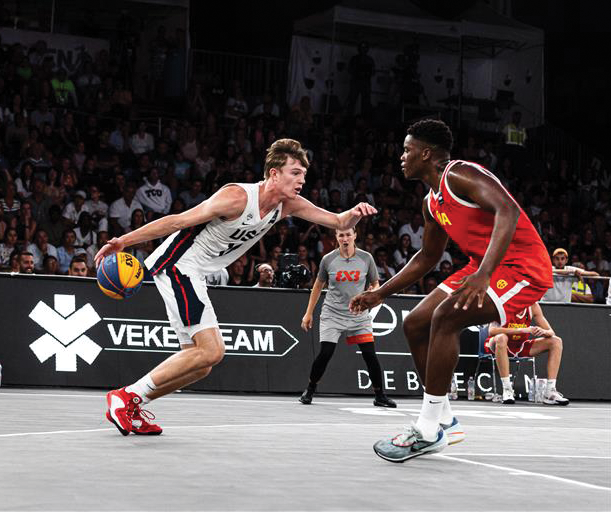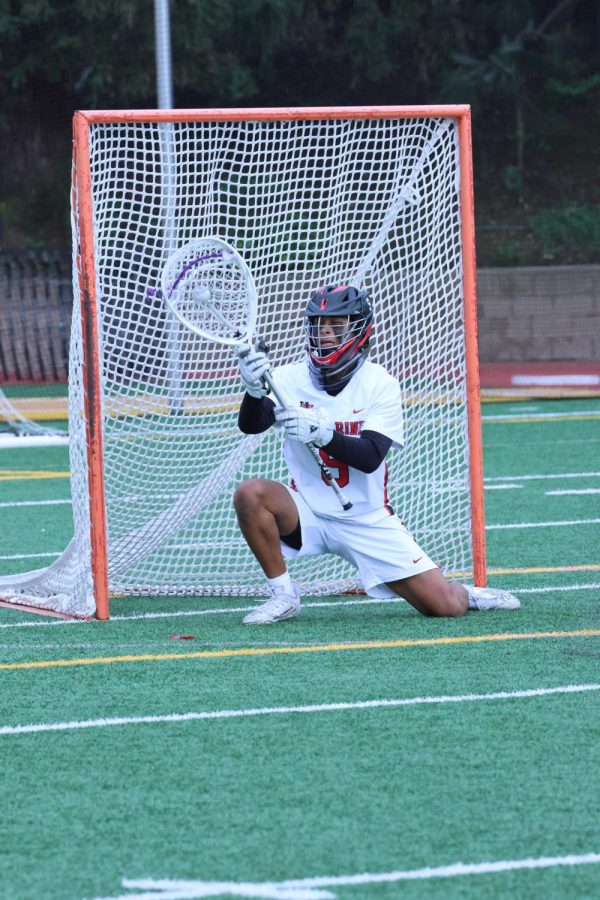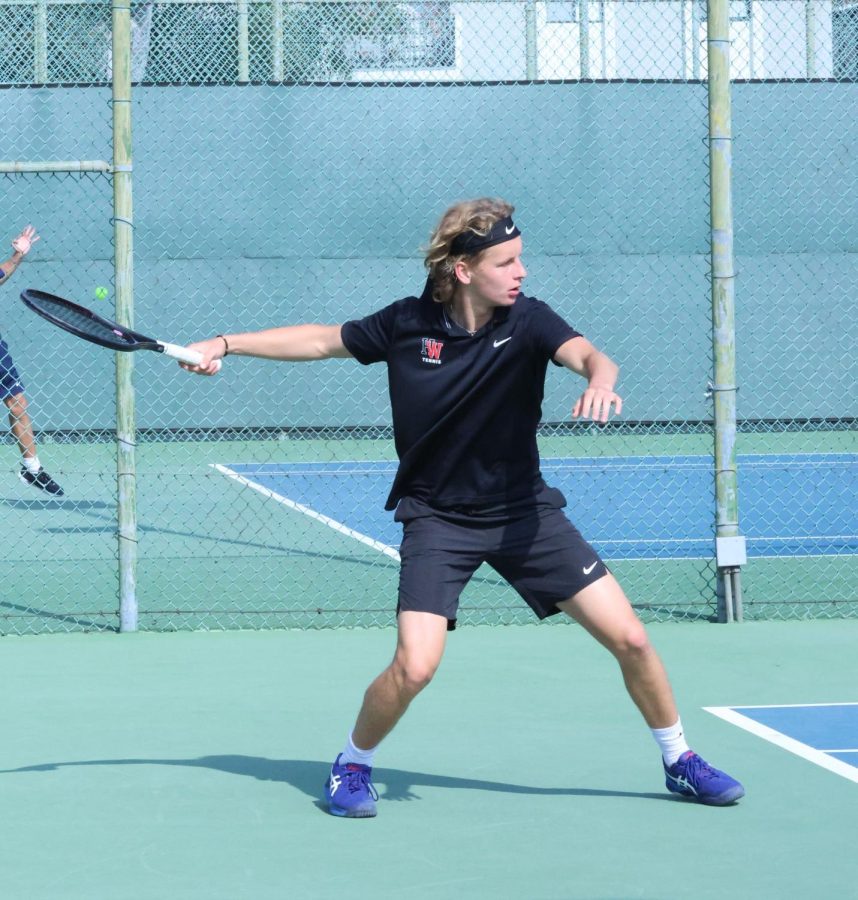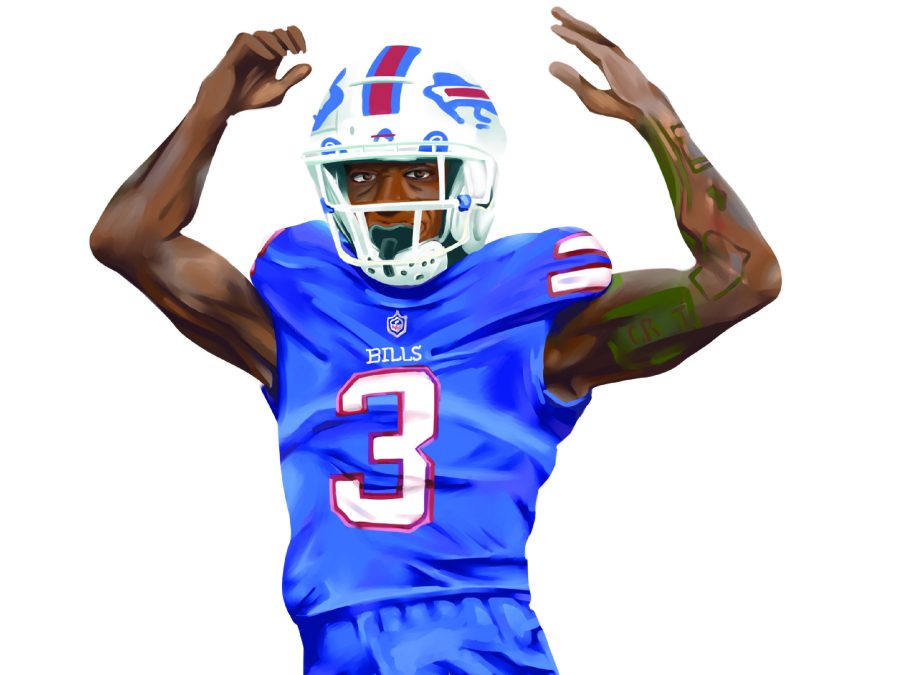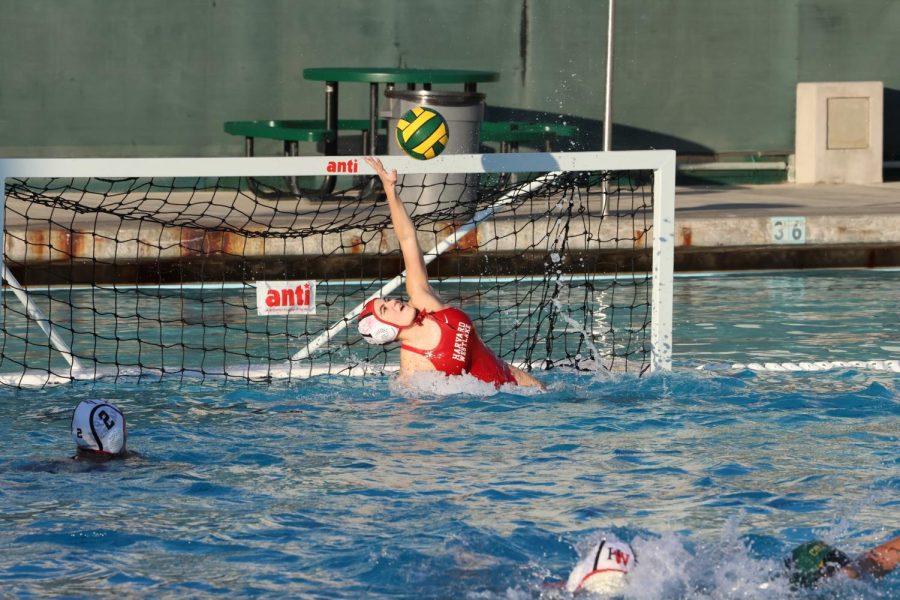I was in an Uber last fall when the driver asked me where I went to school. When I told him, his eyes lit up. “Doesn’t that Cassius Stanley kid go there? He’s insane. I’m gonna go to some of your games this year.”
Months later, during the Wolverines’ game against Loyola, sometime after Cassius’ two alley oops but before his reverse, I looked across the gym. There was a familiar face in the doorway of the gym, and his eyes were still glowing.
That wasn’t the only time someone has recognized our school for its athletics. A good friend of mine said he had a similar exchange at a barbershop. And when I was touring a prospective family around the middle school, there were just as many questions about athletics as there were academics. “You guys have pretty incredible athletics,” the father said. “Is it even possible to make a team if you aren’t going to play in college?”
It wasn’t long ago when the mention of Harvard-Westlake was automatically meant with “Oh! How much homework do you have a night?” or “What movies have your parents made?” So, yeah, the Uber driver’s reaction was a welcome change, but it also underscores a larger shift on campus. Our identity is in flux. Every day I’ve been at Harvard-Westlake, it’s identified itself more and more with top-notch athletics.
That’s certainly not a bad shift. Sure, sports won’t get someone elected mayor or put in charge of a multi-million dollar business. But they do have an impact—and a pretty significant one at that.
First of all, just look at what they’ve already done to the reputation of the school. Schools can become internationally recognized by incredible academics, but only the very best of the best. Alabama is just as well-known as Princeton, and somewhere like Cornell might get lost in the shuffle while George Mason is still discussed because of their 2006 March Madness run. That Uber driver might never have heard about our school until our basketball team won the state title, and now, he’s visiting campus.
The increased attention means there will also be increased scrutiny. Take Duke, for example. With their long history of chippy, petty and whiny players like Christian Laettner, J.J. Reddick and now Grayson Allen, the basketball team’s caricature has become the school’s stereotype as well. Our coaches tell us all the time, but it’s truer now than ever: when you’re wearing that black and red, you’re representing the school as a whole. We need to make sure our athletes play with integrity, because, like it or not, they’re the outward face of the entire student body.
It becomes easy to get blinded by that spotlight, though. You forget who you are. You start to become the stereotype. That’s another thing we have to remember as our identity shifts: who we are. Harvard-Westlake is a place that should celebrate both the highlight reel wonder kid and the benchwarmer senior who plays two other sports. It should be a place that values sportsmanship and hard work. And most of all, it should stress the value of a team.
The idea of the team is the best part of sports. Community’s been a buzzword on campus as of late. Surveys say we don’t have enough of it, and administrators want more of it. So they’ve planned events like the Jacobson Cup at the Middle School or the Festival of Spring at the Upper School. But what they’re really trying to cultivate is the sense that we’re all on the same team, that feeling that you’re stronger because of the person on your left and you’ll give strength to the person on your right.
Sports have us believing.
These basketball games—featuring both the high-flying boys team and the technically precise girls—bring us together. We pile into the gym, we heckle the opposing team, and when we head to the parking lot, we high five. The next day, we still talk about what happened, and if we go out to lunch or an after-school snack, we’re a little prouder of our school. We’re not just that place that all the neighbors are mad at anymore. We’re all champs. We all made SportsCenter. We all just got an offer from another D1 school.
See, the thing with teams is that if one person succeeds, then everyone succeeds. It’s hard to tell what success is when your identity is rooted in academics. One person passes a test, another fails. For every A, there’s a C. But with sports, there’s a clear winner.
That’s something we all rally behind. Together.

























